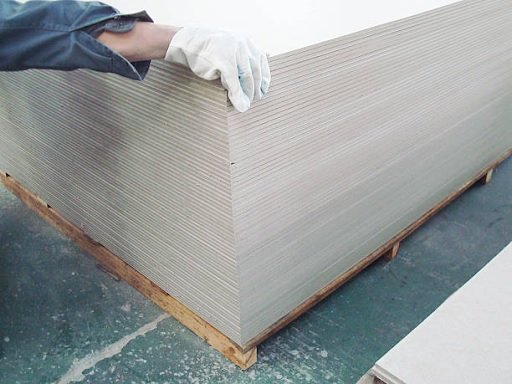In the construction industry of the Middle East, cement boards play a pivotal role in ensuring the durability and structural integrity of buildings. These boards are essential for their versatility and ability to withstand various environmental conditions prevalent in the region. As demand for high-quality building materials grows, the role of cement board distributors becomes increasingly crucial. This article explores the significance of cement board distributors in the Middle East, their operations, and the key players in the market.
What are Cement Boards?
Cement boards are composite materials made of cement, reinforcing fibres, and additives. They are widely used in construction for applications such as cladding, partitioning, flooring, and roofing. The Middle East, known for its diverse climate ranging from arid deserts to humid coastal regions, requires building materials that can endure these extreme conditions. Cement boards are valued for their fire resistance, moisture resistance, and durability, making them suitable for both interior and exterior use.
Importance of Cement Board Distributors
Cement board distributors serve as the link between manufacturers and end-users in the construction industry. They play a pivotal role in ensuring a seamless supply chain of cement boards to construction projects across the Middle East. Cement board distributor in Middle East procure cement boards from manufacturers, store them in warehouses, and distribute them to retailers, contractors, and construction companies.
Operations of Cement Board Distributors
The operations of cement board distributors encompass several key activities:
Sourcing and Procurement: Distributors source cement boards from manufacturers, both locally within the Middle East and internationally. They establish partnerships with reputable manufacturers to ensure a steady supply of high-quality products.
Warehousing and Storage: Distributors maintain warehouses strategically located across the Middle East to facilitate efficient distribution. Warehouses are equipped to store cement boards safely and protect them from environmental factors.
Distribution Network: Distributors have an extensive network of retailers, wholesalers, and construction companies to whom they supply cement boards. They ensure timely delivery to construction sites, adhering to project timelines and requirements.
Customer Support: Distributors provide technical support and guidance to customers regarding the selection, installation, and maintenance of cement boards. They offer product demonstrations, training sessions, and after-sales service to enhance customer satisfaction.
Key Players in the Middle Eastern Market
Several prominent companies operate as cement board distributors in the Middle East. These companies are renowned for their reliability, product range, and commitment to quality:
Saint-Gobain Gyproc: A leading manufacturer and distributor of construction materials worldwide, Saint-Gobain Gyproc offers a comprehensive range of gypsum-based products including cement boards. They have a strong presence in the Middle Eastern market with distribution networks in major cities.
James Hardie: Known for their fibre cement products, James Hardie provides durable and weather-resistant cement boards suitable for Middle Eastern climates. They collaborate with distributors to ensure widespread availability of their products.
Etex Group: Etex Group supplies a variety of building materials including cement boards under brands like Siniat. They focus on innovation and sustainability, catering to the diverse needs of construction projects across the Middle East.
National Gypsum: A prominent distributor of gypsum and cement-based products, National Gypsum serves the Middle East market through partnerships with local distributors. They emphasize product quality and customer service.
Market Trends and Challenges
The cement board market in the Middle East is influenced by several trends and challenges:
Growing Construction Sector: The Middle East is experiencing rapid urbanization and infrastructure development, driving demand for construction materials including cement boards.
Sustainability Initiatives: There is a rising emphasis on sustainable building practices, prompting distributors to offer eco-friendly cement board options that minimize environmental impact.
Logistical Challenges: Distributors face logistical challenges such as transportation delays and customs regulations when importing cement boards from international manufacturers.
Competitive Pricing: Price competition among distributors remains a significant factor influencing purchasing decisions by contractors and developers.
Future Outlook
Looking ahead, the cement board market in the Middle East is poised for growth driven by urban expansion, infrastructure projects, and technological advancements in construction materials. Distributors will continue to play a pivotal role in meeting the evolving needs of the construction industry by offering innovative solutions and expanding their distribution networks.
In conclusion, cement board distributors are integral to the construction landscape of the Middle East, ensuring the availability and accessibility of essential building materials. As the demand for durable and versatile construction solutions grows, distributors will remain key facilitators in the supply chain, supporting sustainable development and infrastructure enhancement across the region.
This article has provided an overview of the role and significance of cement board distributors in the Middle East, highlighting their operations, key players, market trends, challenges, and future outlook. By understanding the dynamics of this sector, stakeholders can make informed decisions to navigate the competitive landscape effectively.
